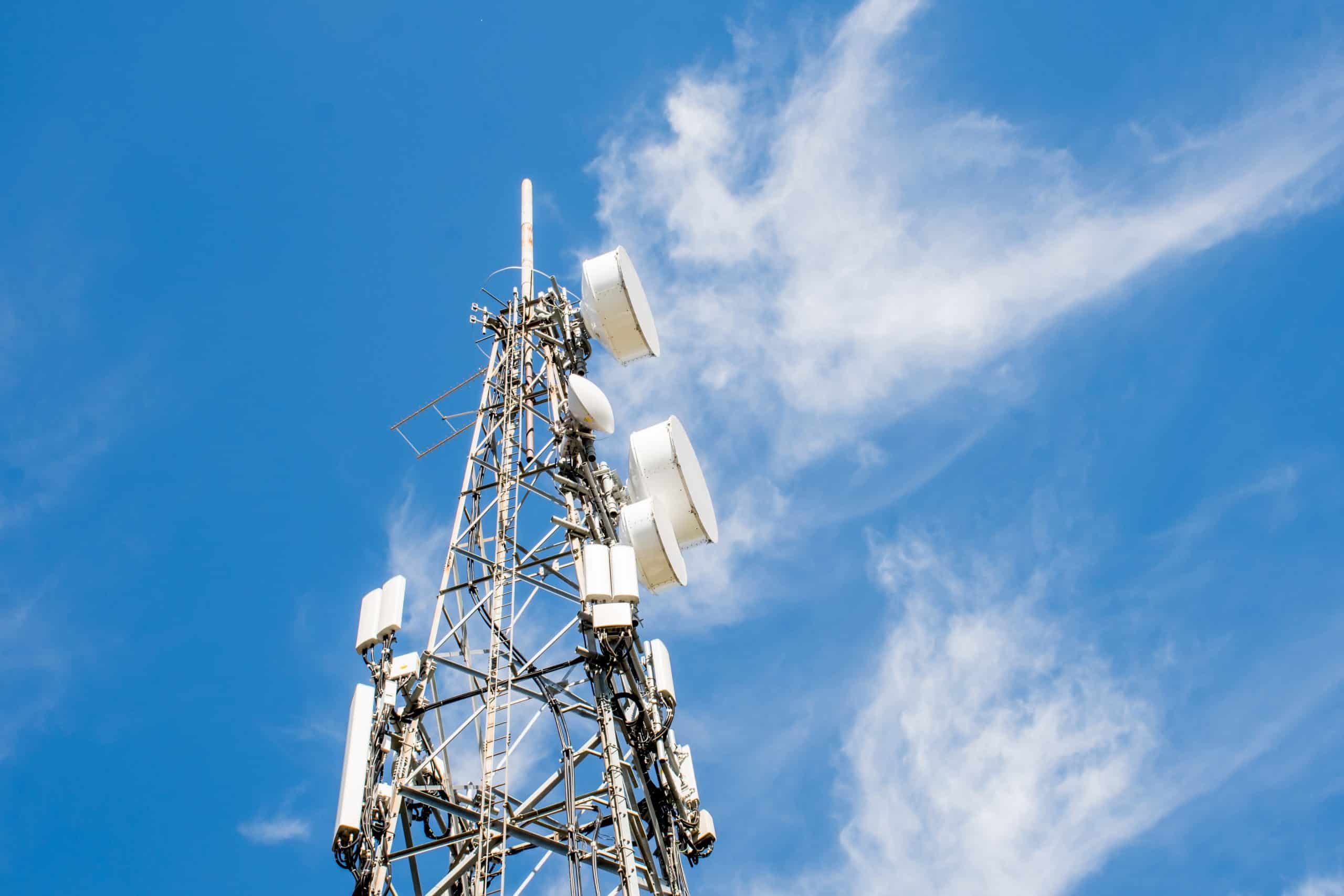A telecommunications easement is an exclusive-use easement area for the purpose of telecommunications which includes the cell tower, equipment pad, shelter, and electrical connections. A cell tower easement is just that, an easement, and may differ drastically in nature depending on two factors, Length of Term and Easement Type.

There are 3 types of easements which define the specified footprint of the easement area.
Specific Easement:
A specific easement includes the exact footprint of the currently leased area outlined in the existing wireless leases. The defined area will match the sq. ft in the lease with no additional changes to the footprint. A specific easement is similar to a lease assignment as there are likely no options for an investor to add new tenants to the area. A specific easement is the least preferred option as there is almost no potential revenue growth for both the tower investor and site owner.
General Easement:
A general easement is the most common form of easement for rooftop antenna locations. A general easement will include exclusive rights to the entire rooftop area. Tower companies prefer general easements because there is an ability to add additional tenants of the location. When selling a general utility easement, Site Owners will typically get the highest valuation which may also include a 50/50 revenue share for any new tenants added to the rooftop which is outside of the current specified lease area.
Expanded Easement:
An expanded easement includes the current footprint of the wireless leases (specified easement area) along with an additional defined area (typically 500 additional sq. ft.). This allows a tower company the ability to have a defined area outside of the current leased area which they can try to bring new telecommunications tenants to. Like a general easement, an expanded easement may also include a revenue share component between the property owner and the tower company depending on the agreed upon easement sale value.
Telecom Easement Timeframe (Term)
There options for the length of time an easement exists: perpetual (99 year) or fixed term (less than 99 years).
Perpetual Easement
A perpetual easement is the most common length of term for a telecommunications easement as it provides the best tax protections for the site owner and longest period of term for a tower company.
A 99 year or perpetual easement is seen by the IRS as a real estate sale which falls under 1031 exchange rules, allowing investors the ability to differ their tax obligations and purchase another like-kind real estate investment with the funds. The new purchase doesn’t have to include another cell tower/antenna but must be similar to the existing property type of equal or greater value.
Sometimes property owners get worried about such a long term easement. To calm those fears for future sale hurdles, we recommend either an expanded or general easement with a perpetual term in order to allow current and future owners the ability to still earn revenue from any future telecommunications tenant.
Fixed Term Easement
A fixed term easement is only active for the specified term outlined in the easement agreement. The fixed term can either match the current lease terms, or can be structured based on any number of years. A fixed-year easement will revert to either the original Grantors or their heirs upon ending. For long term financial planning, this allows property owners the ability to leverage an existing buyout while being able to recapture future revenue again once the easement term expires. However, fixed term easements will not qualify for 1031 exchanges likely requiring a short or long term capital gains tax payment.
Selling a Telecommunications Easement
If you’re considering selling your current leases through either a lease assignment of easement, request an offer from Wireless Equity Group and see how the various options compare. We can create a flexible agreement which benefits all parties and provides maximum payout to the site owner.




